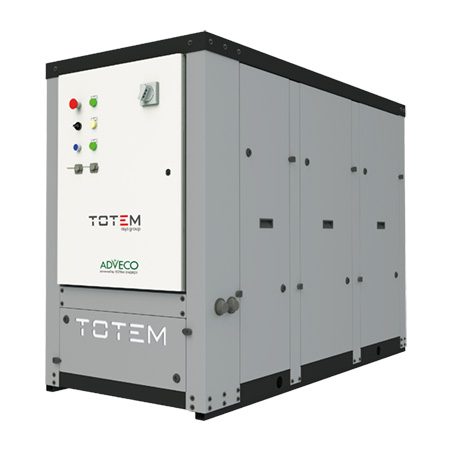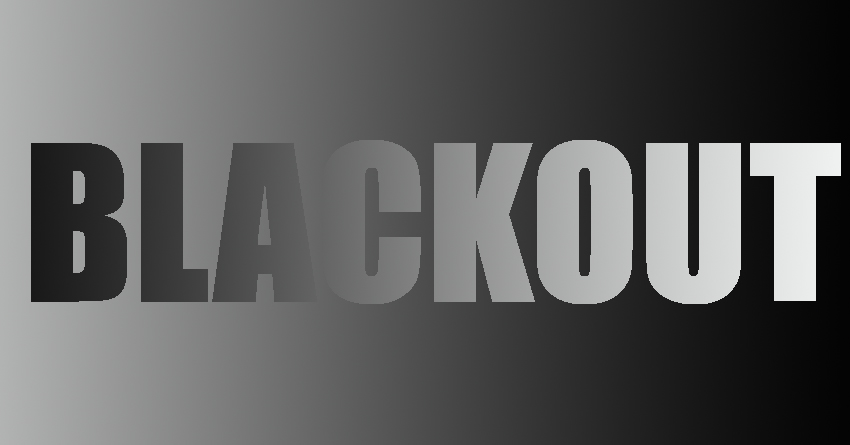While it was a common experience throughout the 70s, this month’s National Grid failure and subsequent blackout caught many businesses by surprise. The simple fact is that we have become complacent, expecting a consistent energy supply, and the resultant disruption that was seen across the country reflected this.
The National Grid failure was a rarity, but it is important to realise that such an occurrence had been predicted by experts who have questioned the risk associated with the ‘energy trilemma’. So called, because of three key challenges that face the sector, the risks associated with the need to decarbonise power generation in the cheapest possible way while guaranteeing security of supply.
Last November, energy secretary Greg Clark triumphantly declared the ‘energy trilemma’ to be over in a speech to Parliament stating that: “by the mid-2020s green power will be the cheapest power.” As is clear, his statement glossed over the third and by far most important aspect, security of supply. In response to the recent blackout, Lord Adonis, former chair of the government’s National Infrastructure Commission, said: “This is a big wake-up call for National Grid. Their resilience is below par.”
National Grid’s director of operations Duncan Burt acknowledged the “immense disruption” the blackout had caused, citing the near-simultaneous loss of two generators being more than the grid was routinely prepared for. Subsequent investigation now points to a lightning strike on the network near Cambridge, a common occurrence, and critically the almost instantaneous total loss of supply from the Hornsea wind farm, which is currently under construction off the coast of Yorkshire. It cut from 800MW of production to 0MW in under a second.
The increasing reliance on extremely high volatility renewable energy sources (RES) electricity, where there will inevitably be peaks in supply of electricity, remains a concern for many considering the future consistency, and therefore cost, of supply from the grid.
Colin Gibson, former director of National Grid, and grid engineer, Dr. Capell Aris, suggest ministers should impose limits on the construction of new wind and solar farms to help avoid a nationwide blackout, while some existing turbines and solar panels may have to be disconnected, and new developments restricted, to “secure” the system in the aftermath of this month’s major power cuts.
So what options are available right now for businesses seeking to maintain 24/7 operations? Whilst Lord Adonis placed focus on the resilience of transport and health systems, the bottom line for any business is the critical nature of consistent power for operations.
Solar photovoltaics (solar PVs) have retained popularity amongst organisations looking to lower emissions and increase their environmental responsibility as well as saving significant costs on energy. It also offers extra security when it comes to your power supply. However, there will always be limitations in terms of installation space for panels and the process of designing and installing can be lengthy. CAPEX can also be relatively high meaning ROI is slower, even with the government’s new SEG legislation setting new tariffs for exporting excess energy to the grid. To protect business operations from service loss, PV is more of a long term response.
 A more rapid and viable sustainable option for commercial operations of any size are micro-cogeneration or m-CHP systems, which use the existing gas supply to run a specially configured engine that generates electrical power onsite. In addition, the m-CHP will recover the normally wasted heat generated by this process, this can then be used to heat water for other applications including essentially ‘free’ space heating.
A more rapid and viable sustainable option for commercial operations of any size are micro-cogeneration or m-CHP systems, which use the existing gas supply to run a specially configured engine that generates electrical power onsite. In addition, the m-CHP will recover the normally wasted heat generated by this process, this can then be used to heat water for other applications including essentially ‘free’ space heating.
Adveco’s Totem M-CHP is capable of delivering electrical outputs from 10 to 50 kW with a total unit efficiency of up to 107.4%. This makes the TOTEM series of cogenerators among the most efficient combined heat and power units available today.
For businesses wanting to reduce running costs, reduce emissions from site and guarantee a cost-effective level of service supply M-CHP ticks all the boxes. New installations of m-CHP are also included in the SEG legislation, like PV systems this enables them to sell excess produced power back to the grid.
More importantly, TOTEM’s compact design requires less space (it is just under 2m in length and 80cms wide) and can be assembled onsite in a matter of days. Relative to other onsite technologies m-CHP provides a relatively rapid, deployable response to any concerns over the consistent provision of affordable energy.
m-CHPs from Adveco are in operation throughout the UK, from first responder sites to offices, hotels, universities and schools. Discover more about the advantages of m-CHP in this helpful booklet.













